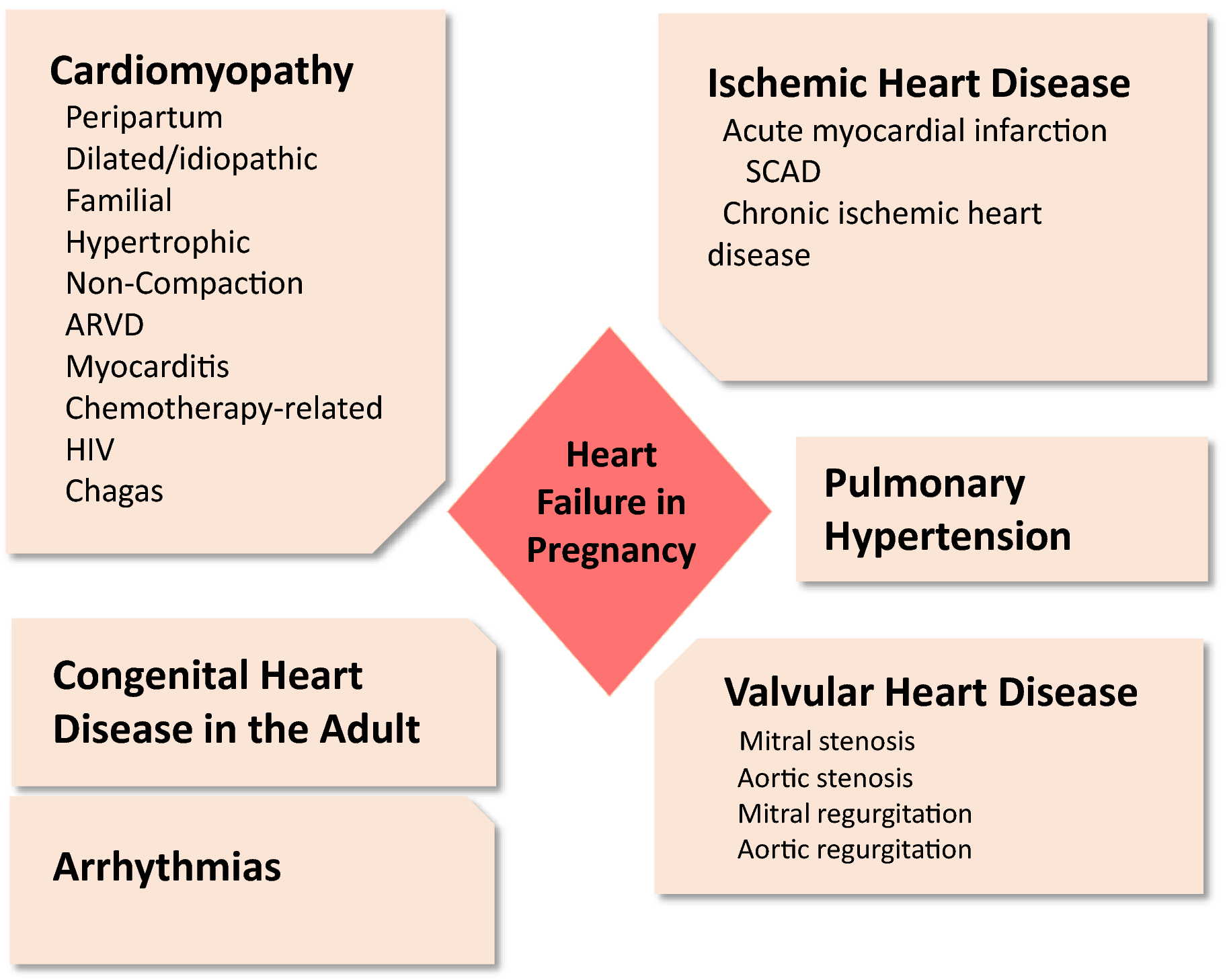Heart disease is the leading cause of death for women in the U.S. Deaths from heart disease in women who are pregnant or delivered a baby within one year has increased over the previous 30 years.
Dr. Demilade (Demi-lad-ay) Adedinsewo (Ah-ded-in-shay-woah) a Mayo Clinic cardiologist, explains the red flags for heart failure during pregnancy and how healthcare professionals are working to detect the condition earlier.
https://youtube.com/watch?v=PsJJKSjOf1U%3Ffeature%3Doembed%26enablejsapi%3D1%26origin%3Dhttps%3A%252F%252Fnewsnetwork.mayoclinic.org
Journalists: Broadcast-quality video pkg (1:06) is in the downloads at the end of the post. Please courtesy: “Mayo Clinic News Network.” Read the script.
What may appear as normal symptoms during pregnancy may overlap with red flags for heart failure.
“(Symptoms can include) lower extremity swelling, shortness of breath with walking short distances or shortness of breath when laying in the bed flat on your back at night,” says Dr. Adedinsewo.
Delays in diagnosis can be deadly. And some who are pregnant have an even greater risk of developing heart failure.
“There is a unique form of heart failure that occurs during pregnancy and shortly after having a baby called peripartum cardiomyopathy,” says Dr. Adedinsewo. “Black women have up to a sixteenfold risk of developing this condition, compared to white women.”
Eating a healthy diet, exercising, getting enough sleep and not smoking can lower risks. Dr. Adedinsewo recommends attending regular appointments with your healthcare team and checking blood glucose and blood lipids.
“If we are able to test and evaluate a tool that can use something as simple as an EKG to identify a woman who’s pregnant and at high risk of having heart failure, we can initiate appropriate therapies and reduce the risk of dying during this time period,” she says.

